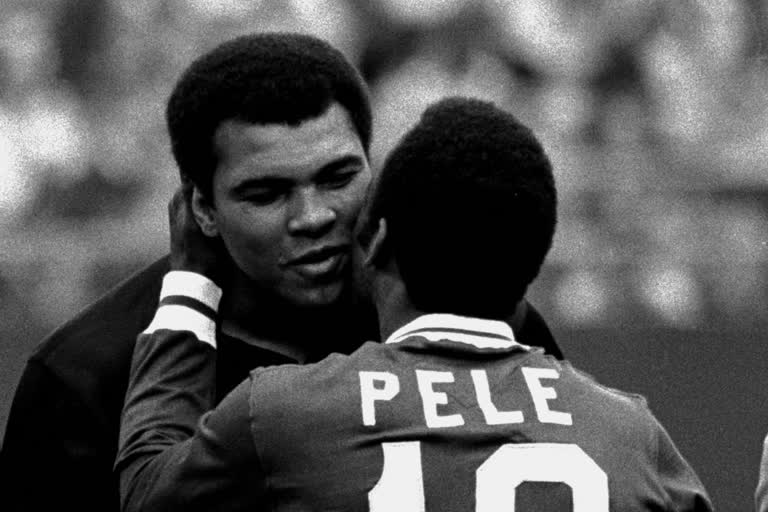New Delhi: They say Ali was arguably the greatest sports personality of all time. Pele was that and more. In his pomp, Pele was Muhammad Ali from the 'Rumble in the Jungle', Jesse Owens in Hitler's Olympics. He was Rafael Nadal at Roland Garros, Tiger Woods at Augusta, Usain Bolt and Michael Phelps in Beijing, London and Rio.
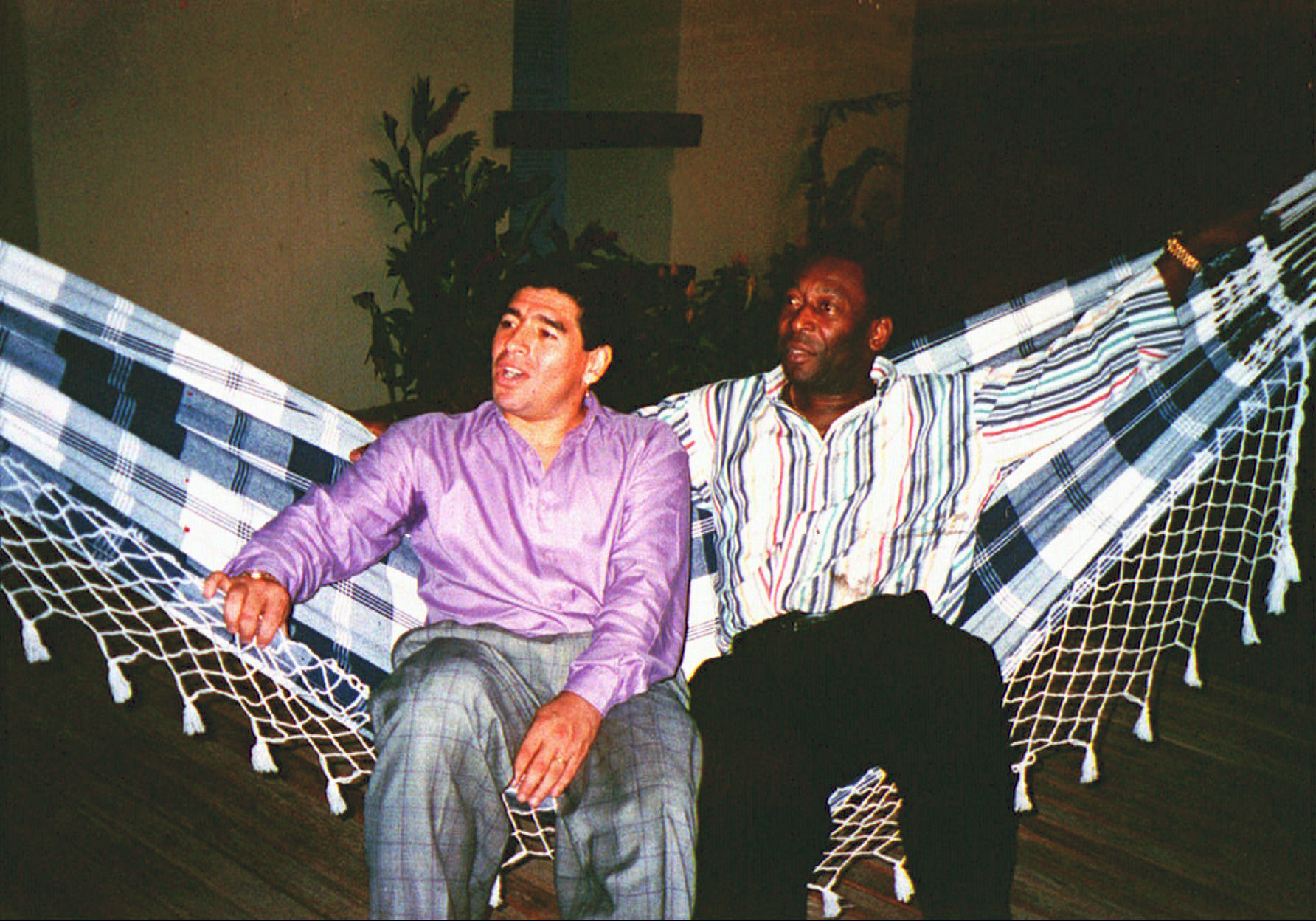
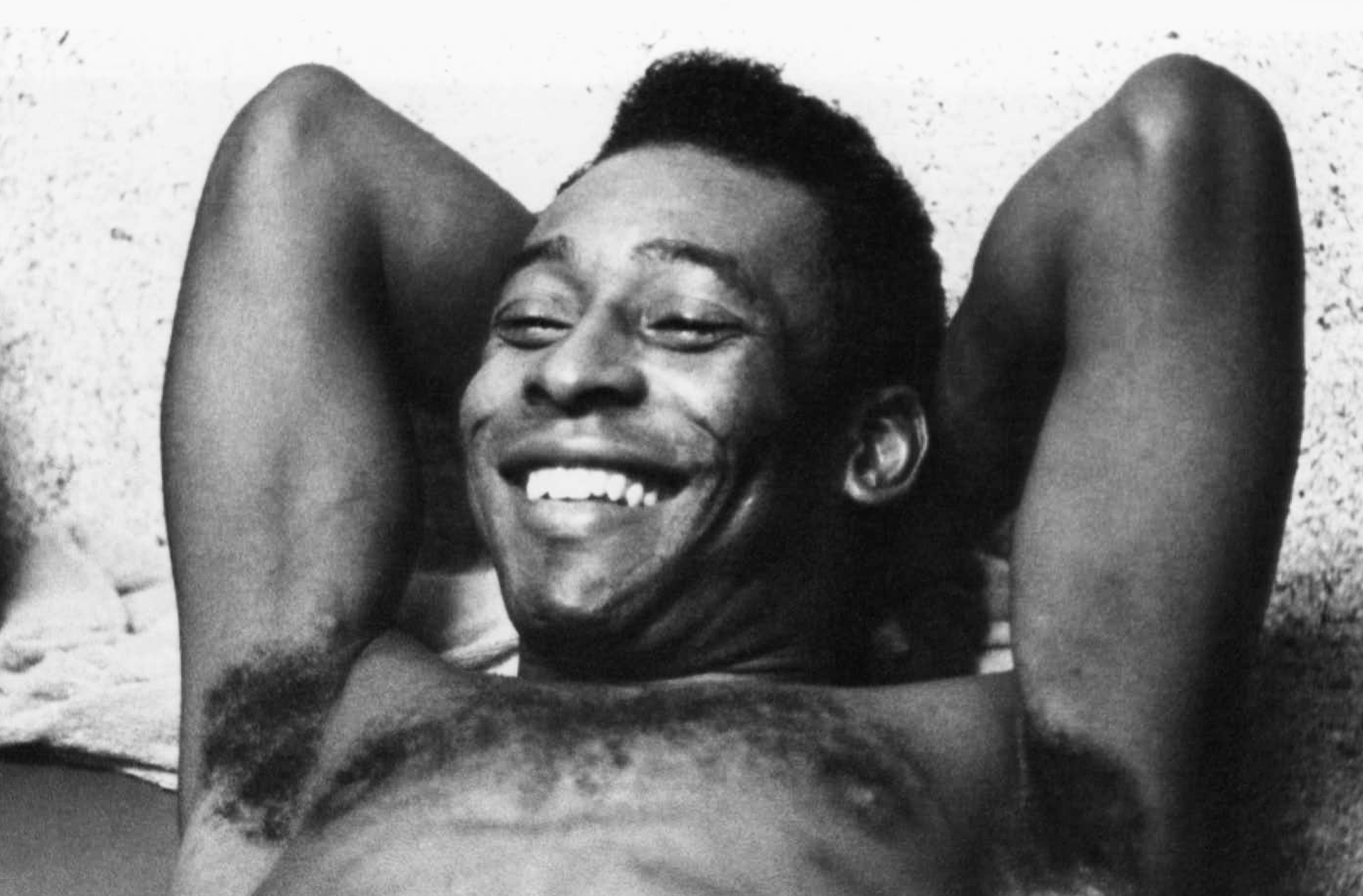
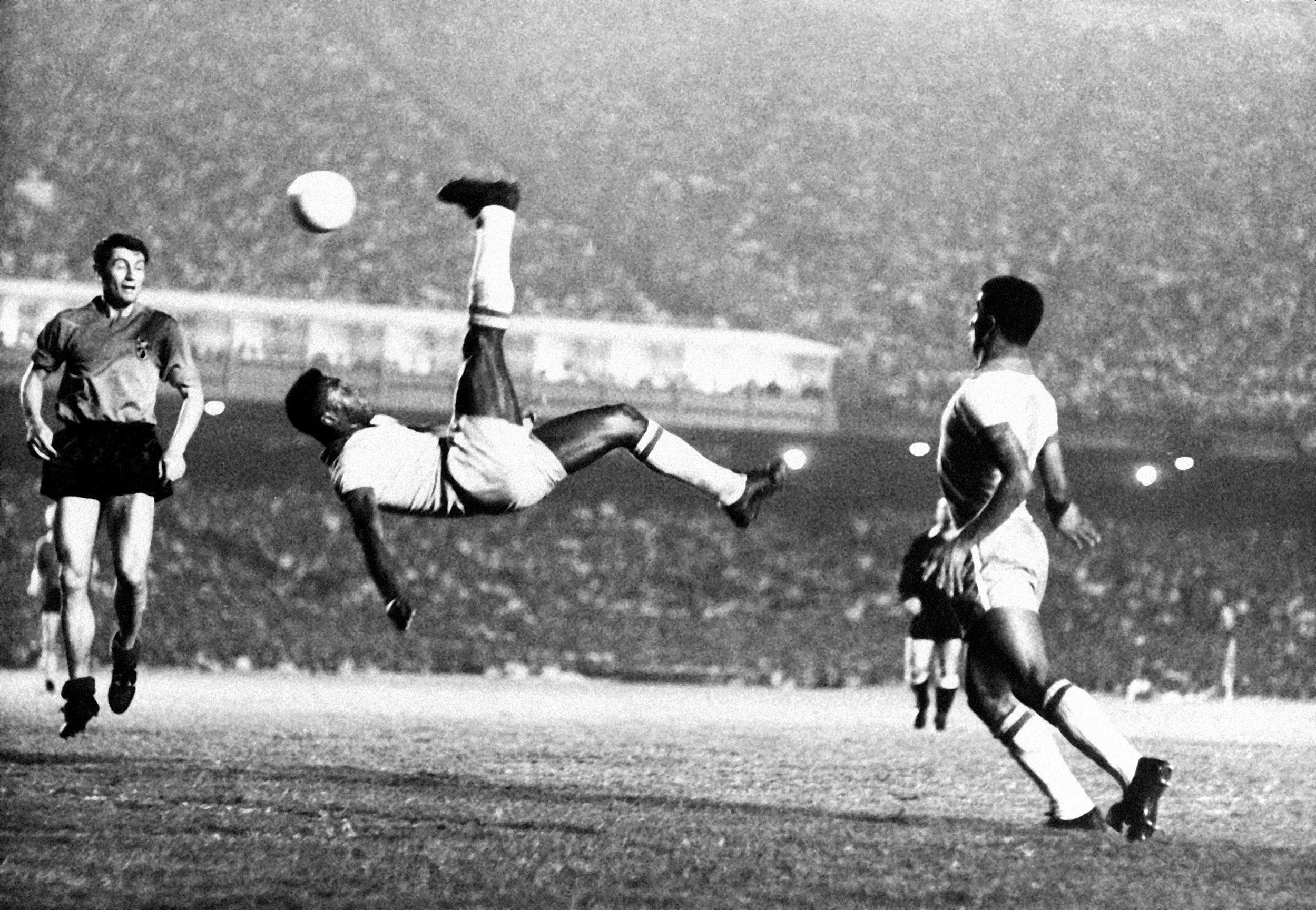
All rolled into one, many times over, through a glittering career headlined by three World Cup title triumphs, and more than 1200 goals, though only 784 of them are recognised by FIFA. He was one of the first global sporting superstars who transcended continents, admired for his wizardry with football and sometimes vilified for his political stance, or the lack of it.
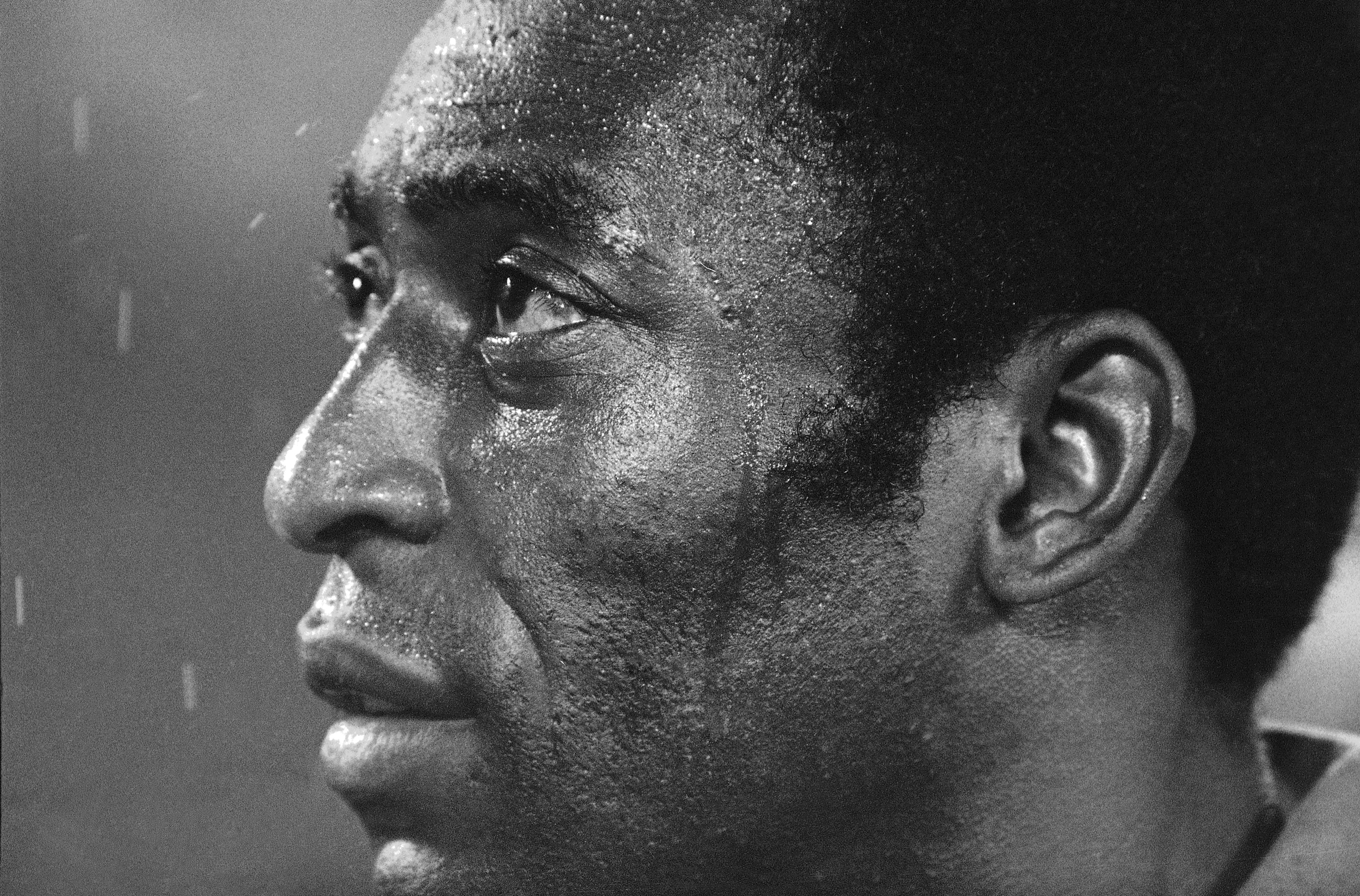
Born Edson Arantes do Nascimento in 1940, Pele was the embodiment of the commercialization football underwent since the first world Cup television broadcasts in the 1950s, something -- besides his extraordinary skills -- that played a part in taking him to all corners of the world, including India's Kolkata (then Calcutta) in 1977, when Mohun Bagan pulled off a coup of sorts.
Read: 'Your place is on God's side': the world pays tribute to king Pele
That would be his first of the three visits to the country, the latter two coming in 2015 and 2018. Born in a country battling corruption, military coups, censorships, and repressive and regressive governments, 17-year-old Pele transformed Brazil's image with his stunning show in his very first World Cup, in 1958.
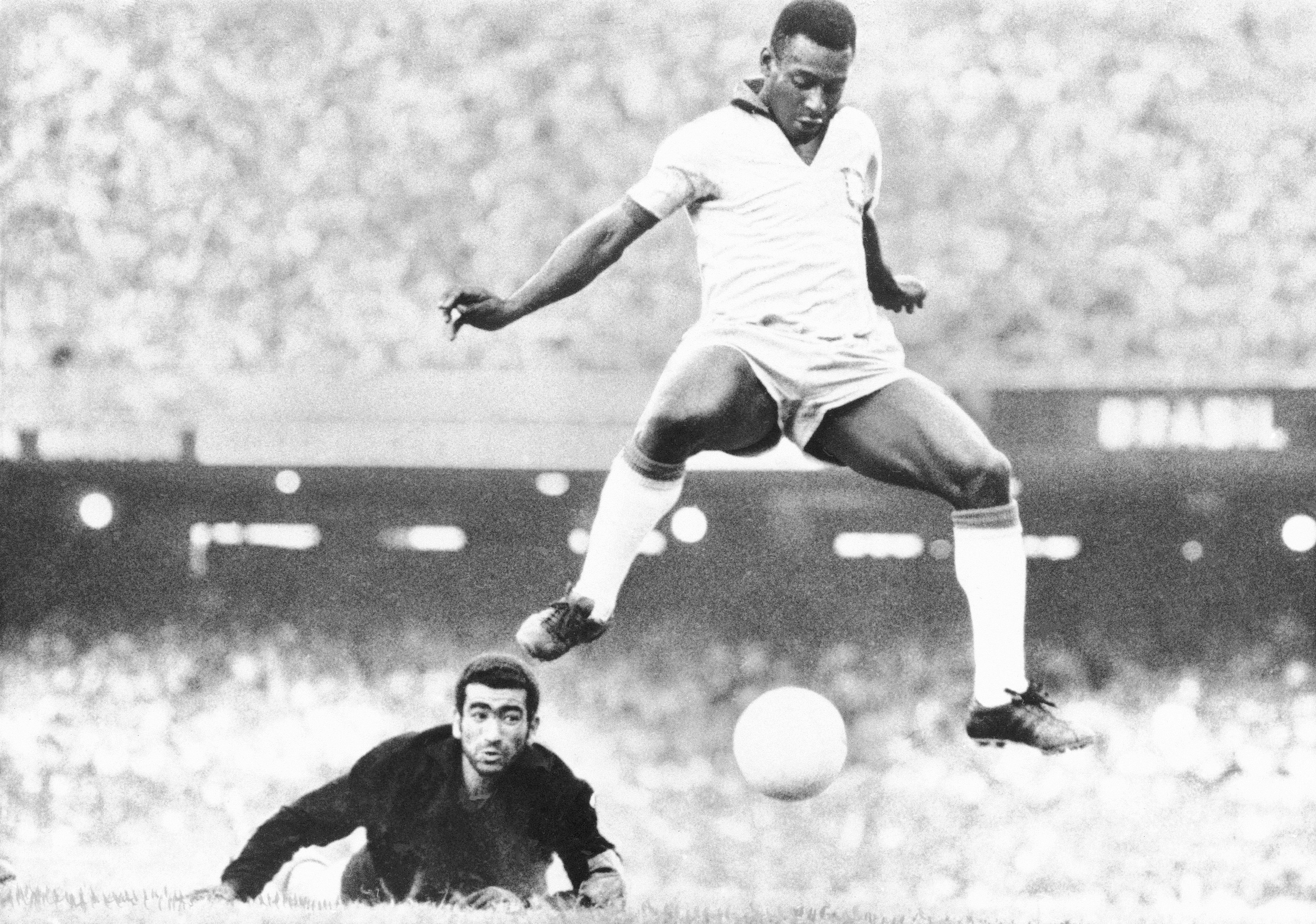
In the tournament in Sweden, he scored six goals in four games, including two in the final, to lead Brazil to a 5-2 win over the hosts and give more than a peek into what was to come over the next decade and a half. Labelled the "greatest" by world football governing body FIFA, he was also the apolitical who seemed happy to appease anyone in power.
Ahead of the 1970 World Cup, Pele was also the man who was seen sharing the stage with President Emlio Garrastazu Mdici, one of the most ruthless members of the country's authoritarian regime. This was after the military took over Brazil following a bloodless coup in 1964. Brazil won the 1970 tournament with Pele leading one of the greatest teams of all time to their third World Cup triumphs, climaxing the black person of working-class background's spectacular rise to fame against the backdrop of Brazil's politics, which was dominated by the military regime from 1960s to the 1980s.
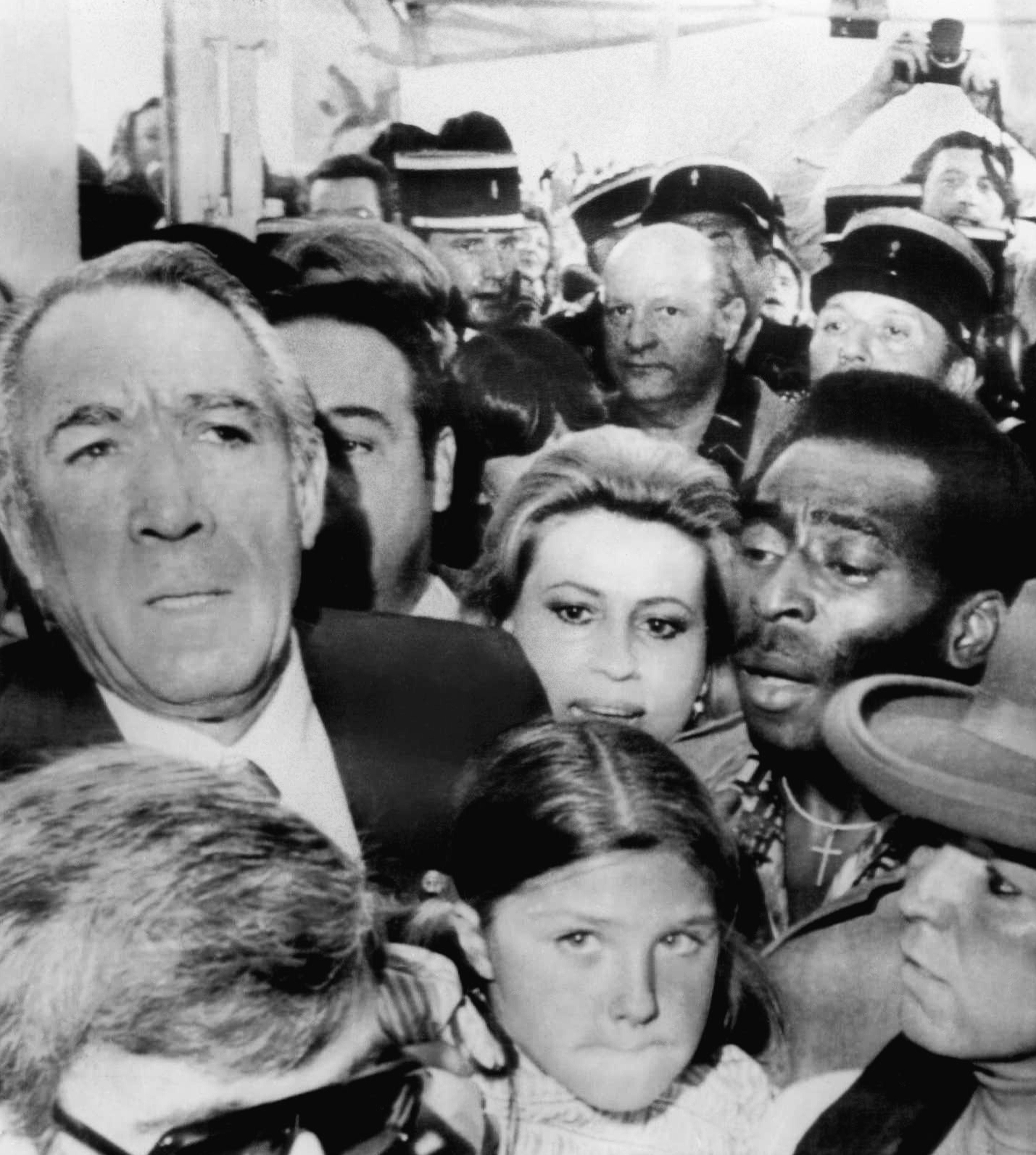
He was the national treasure who once managed to bring about a 48-hour ceasefire between two warring factions during the Nigerian civil war in the 1960s, just so they could watch Pele play in an exhibition game in Lagos. He was also the person who played a big part in Mohun Bagan hosting him and the New York Cosmos during its tour of Asia in 1977.
Pele played in that game at Eden Gardens for about half an hour, in the winter of his career and far from his best, but still left a turnout of 80,000 mesmerized. That game would change Bagan's fortunes as they rediscovered their touch and started winning games after suffering a spate of reverses against East Bengal, the significant other in Indian club football.
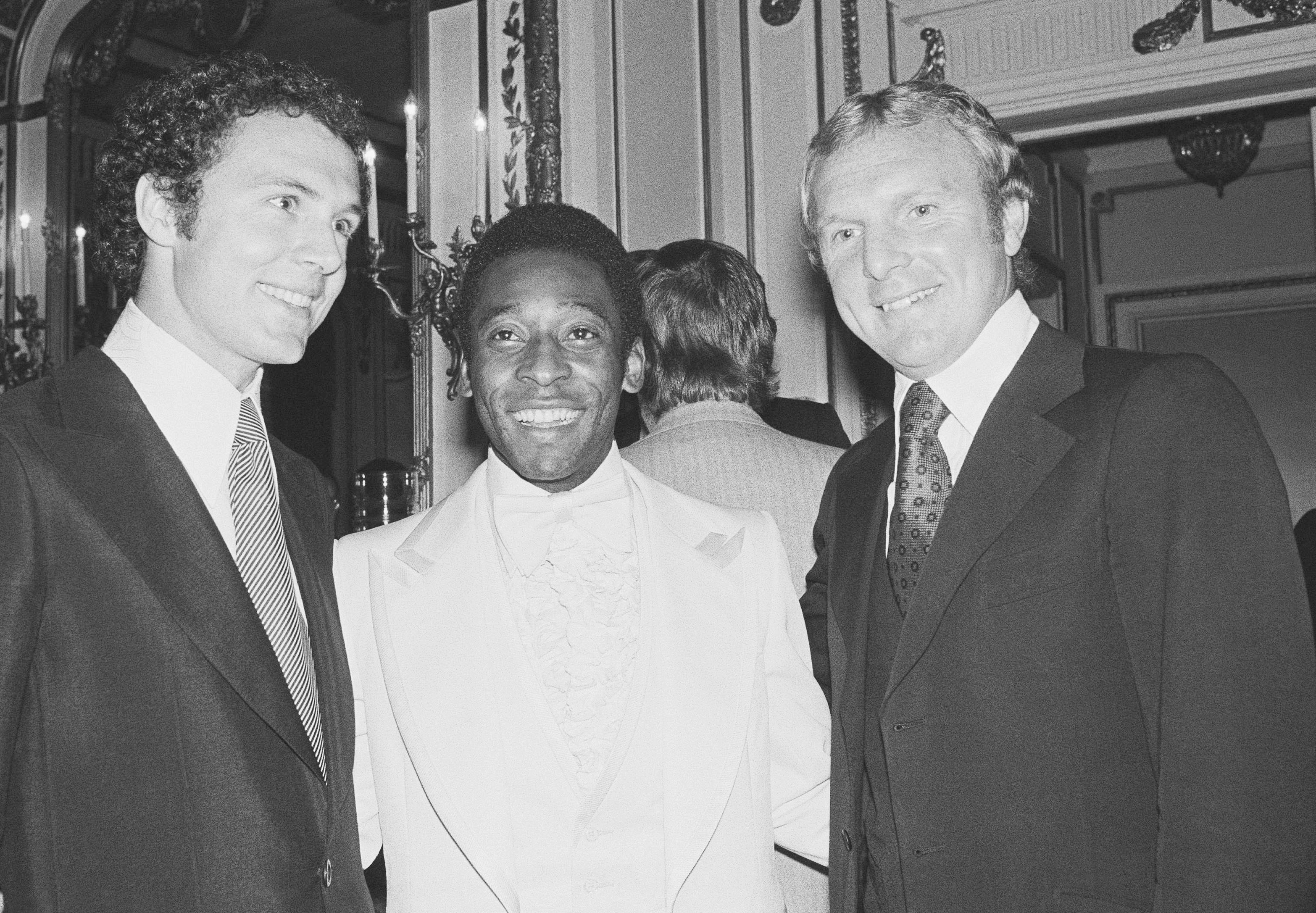
As many as 38 years later, when the icon visited the city again, there was no letdown in fan frenzy. He would visit India one last time in 2018. "Unfortunately, you never made it to the Olympic Games, but nevertheless, you are an Olympic athlete because you have been living the Olympic values in all your career," Thomas Bach, the president of the International Olympic Committee, had said about the Brazilian on his 80th birthday.
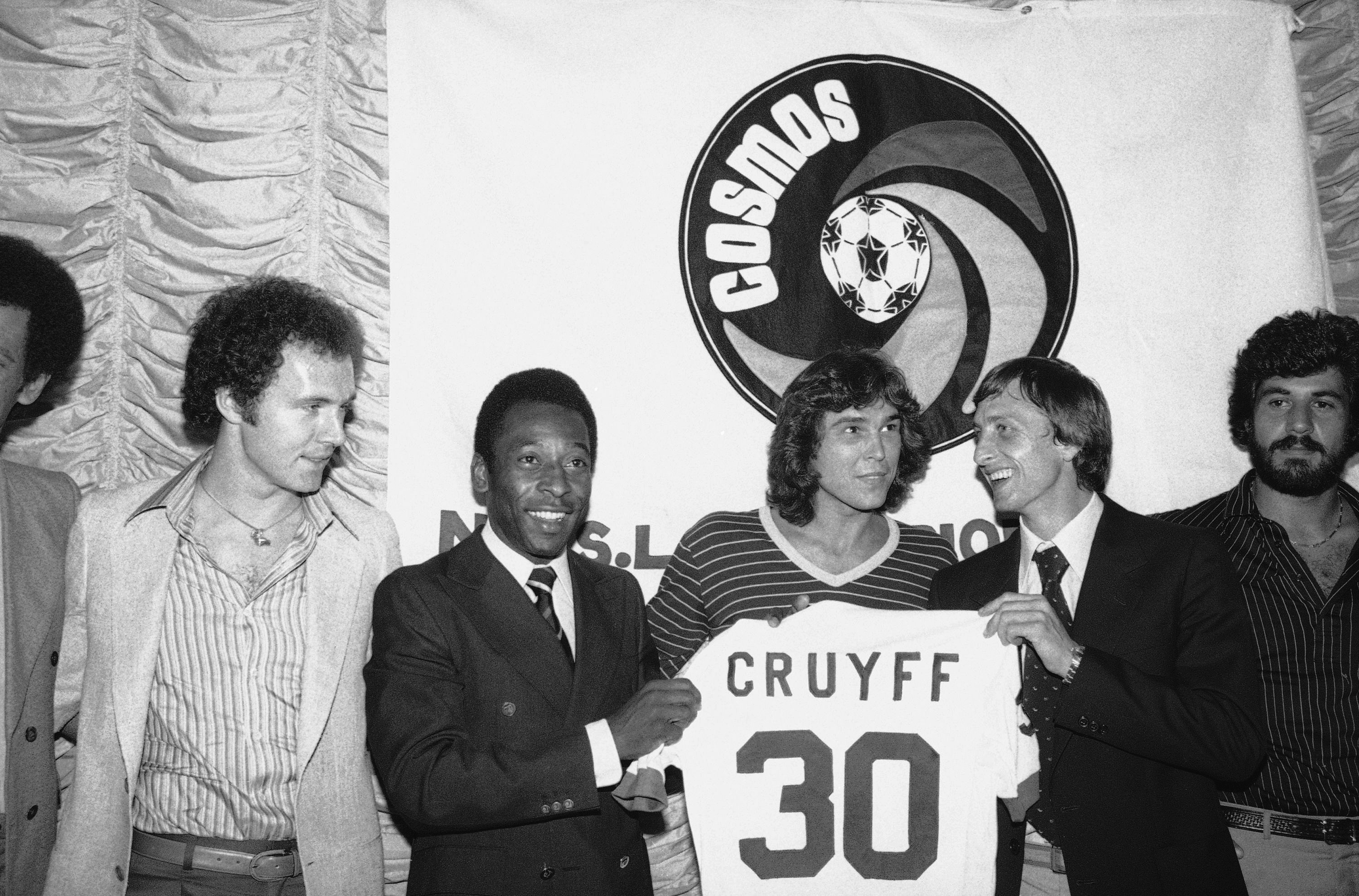
He was also the legend whose later years were marked by some outlandish remarks. "How can you make a comparison between a guy who heads the ball well, shoots with the left, shoots with the right and another who only shoots with one leg, only has one skill and doesn't head the ball well?" he was once quoted as saying by Folha de Sao Paulo on Lionel Messi.
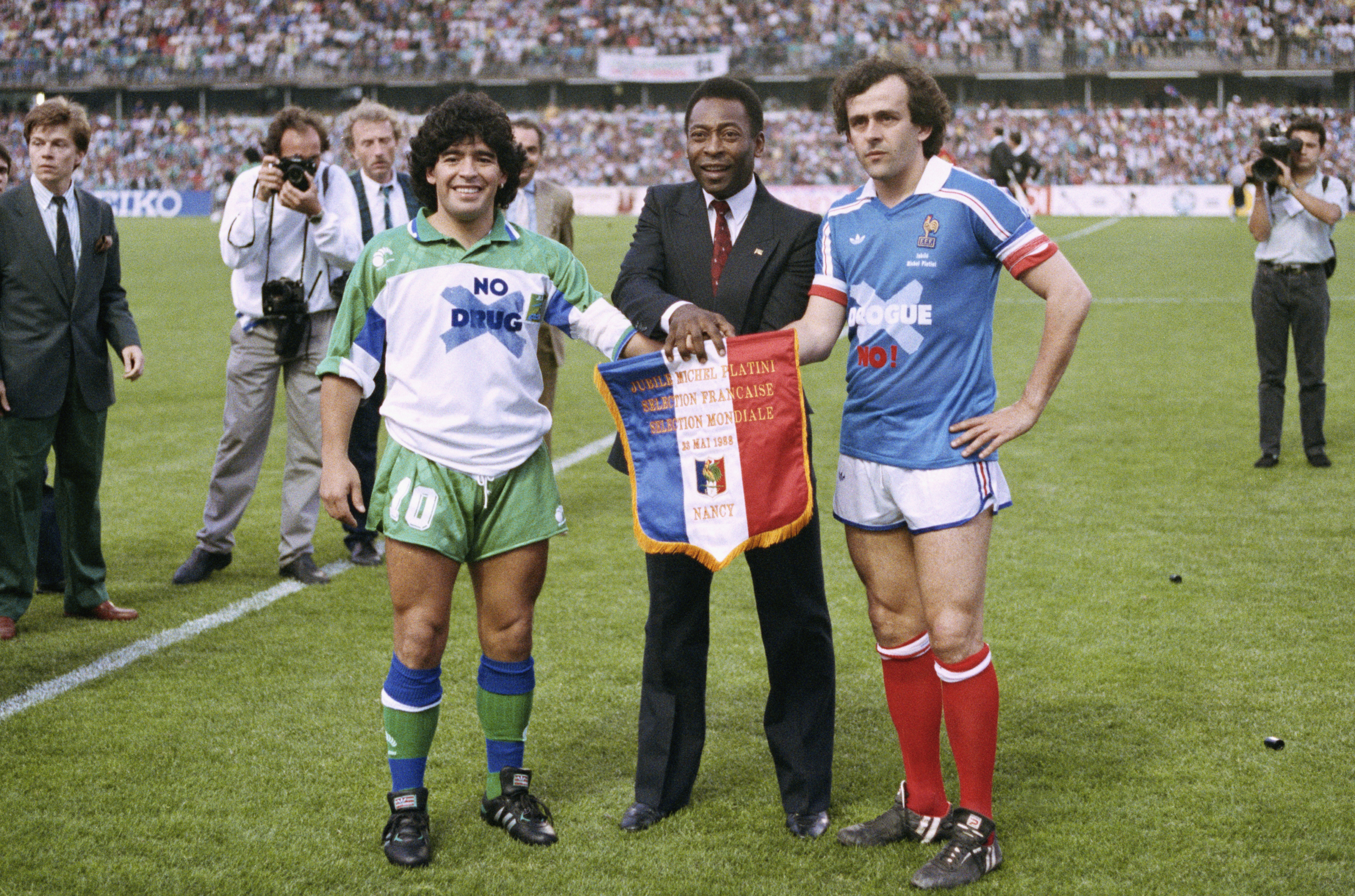
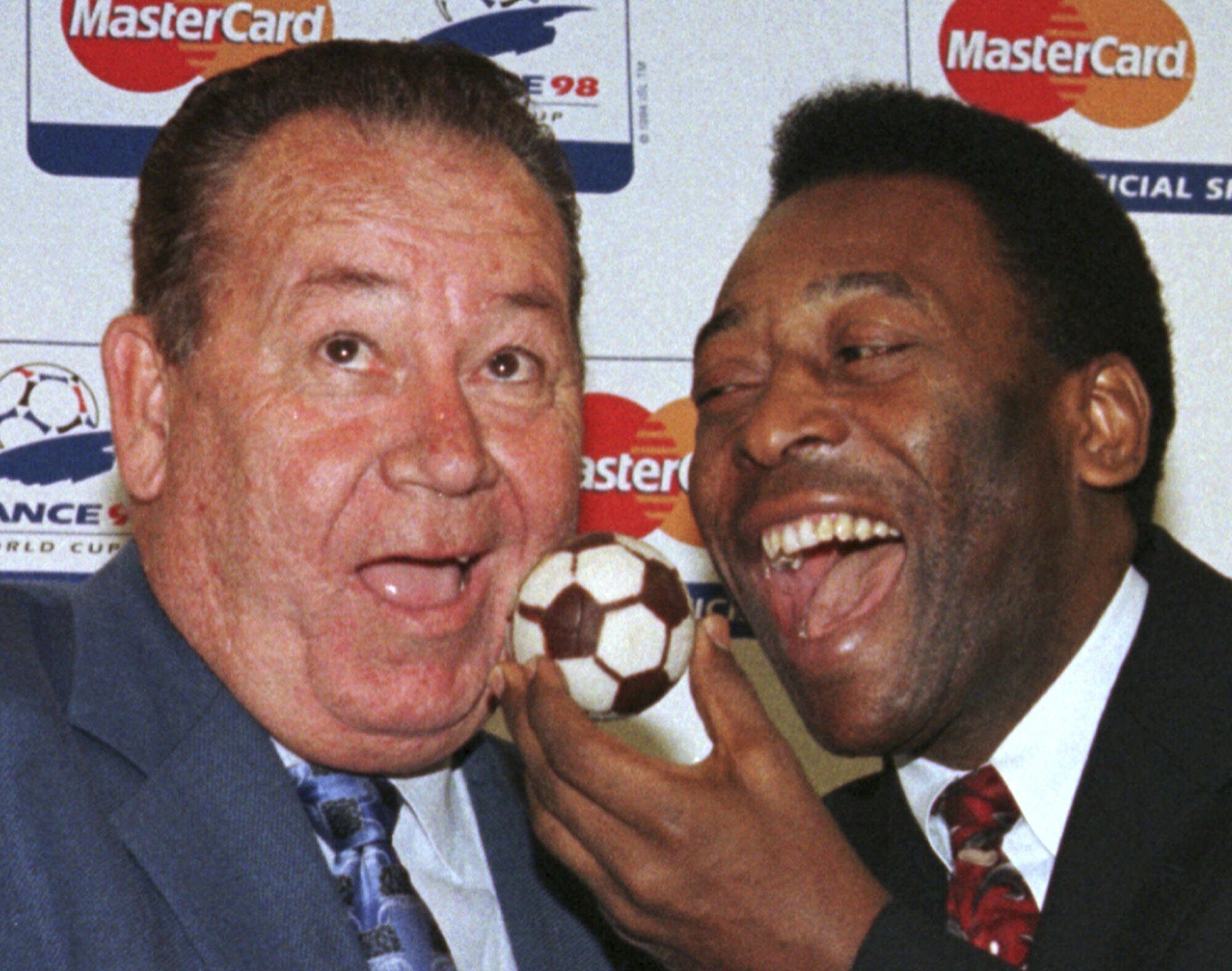
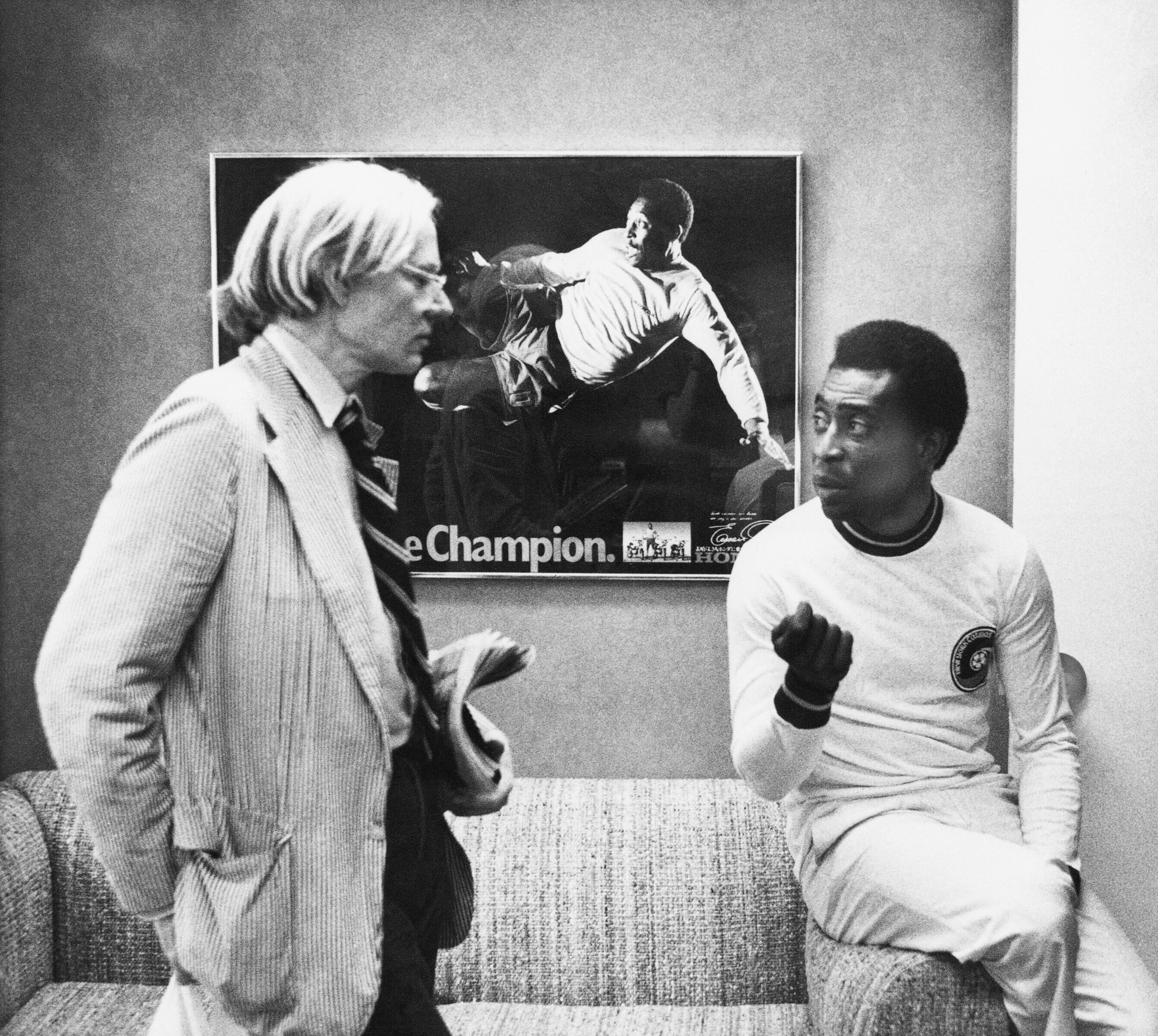
The tone though would change as he started to appreciate, and later admire, Messi's game. "For the national team, he's just an ordinary player," Pele, who never got his world cup winners prediction right, had said of Neymar. Pele, whose sorcery with football was a welcome distraction from the brutal realities of the dictatorial regime in his country back in the day, dies a little over two years after Diego Maradona's death and less than two weeks since Messi's epic world cup triumph. He was a mortal after all. Adeus the King of the beautiful game, a titan of the 20th century. (PTI)
